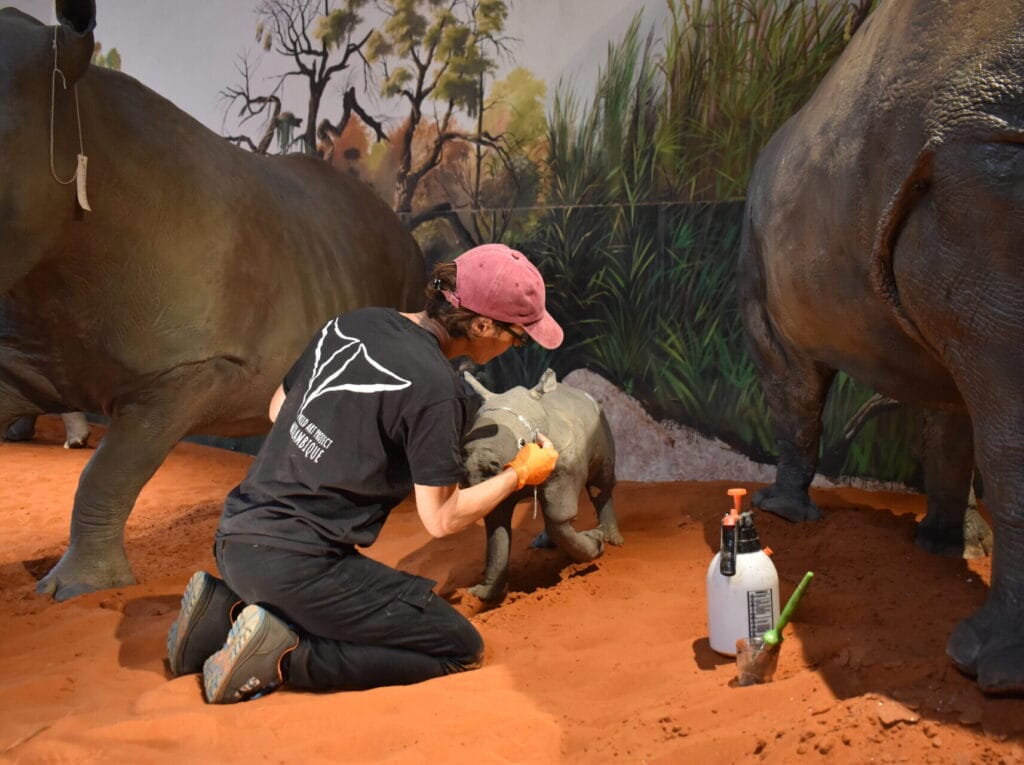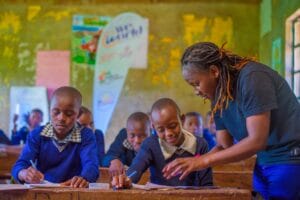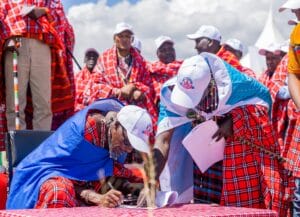
Last September, we inaugurated the Maputo Natural History Museum after approximately two years of intensive renovation work carried out in collaboration with Sapienza University of Rome and the Anton Dohrn Zoological Station.
It was a historic moment that marked the beginning of a new chapter in the conservation and promotion of Mozambique's natural heritage. After months of hard work, the space is now ready to welcome visitors of all ages, offering a more modern, inclusive and educational experience.
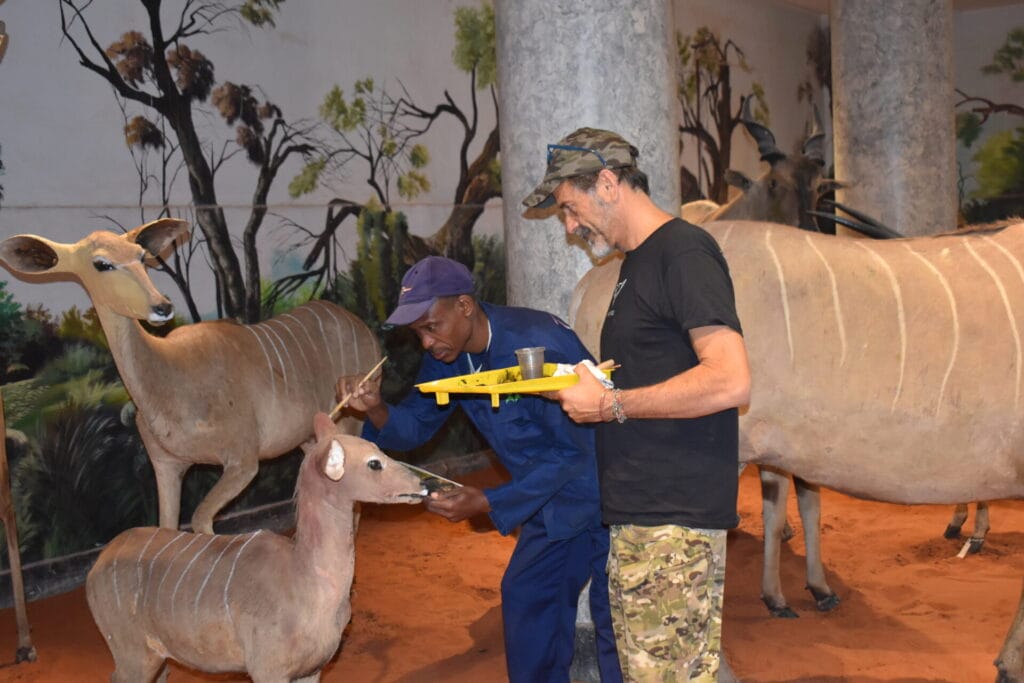
Founded in 1911 and housed since 1933 in a historic Manueline-style building, the Natural History Museum is one of Mozambique's most emblematic monuments. Closed to the public in October 2023 for renovation work, the Museum has undergone extensive architectural, museological and museographic interventions, carried out by a multidisciplinary team of Italian and Mozambican experts linked to Sapienza University.
The Museum's collections are distinguished by their scientific and heritage richness. Among the thousands of specimens, there are over 200 mammals, 10,137 birds, 176,527 insects, 1,250 invertebrates and 150 stuffed reptiles, as well as a specimen of coelacanth, considered a true “living fossil”.
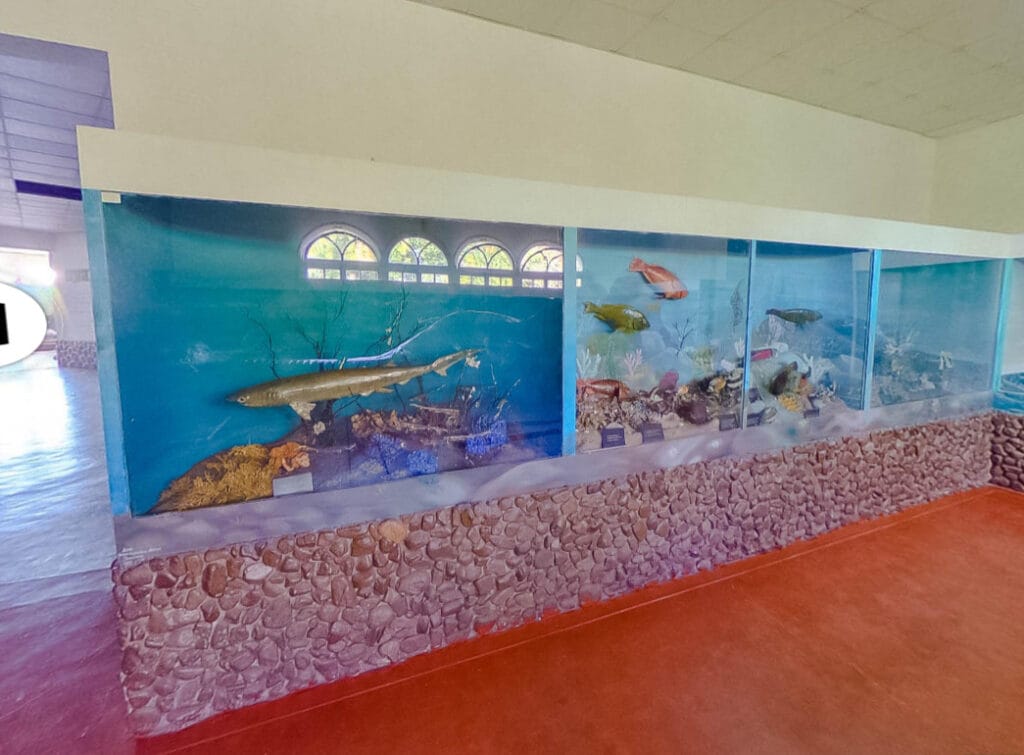
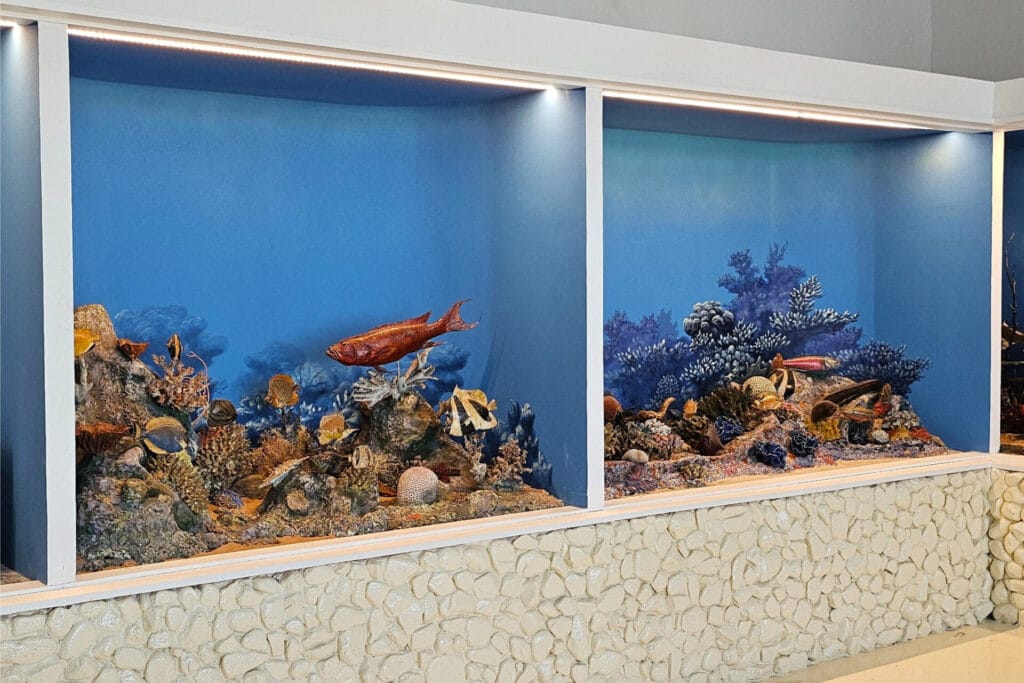
The renovated museum will also have new thematic areas, including an ethnographic room with around 500 objects related to the cultural practices of different Mozambican peoples, including art, sculpture, music, goldsmithing, ceramics and basketry, and a historical photographic collection.
In terms of museology and museography, the existing exhibitions have been restored and a modern approach has been adopted, replacing the traditional systematic presentation structure with one in which habitats and animals are presented in their natural relationships.
A space dedicated to museological education has also been created, where children can discover the wonders of nature, accompanied by the museum team.
Among the architectural interventions carried out, the installation of solar panels and a lift, a new lighting system, the restoration of the roof with the installation of an air conditioning system, the construction of internal bathrooms, the creation of a room for temporary exhibitions, the creation of a library and a café, and the construction of access ramps for people with disabilities, as well as a complete modernisation of the entire building structure.
The inauguration event was attended by the Rector of Sapienza University, Prof. Fabio Atorre, the Minister of Education and Culture of Mozambique, Samira Tovela, the Italian Ambassador to Mozambique, Gabriele Annis, the Director of AICS, Marco Riccardo Rusconi, and the Rector of Eduardo Mondlane University, Manuel Guilherme Júnior, emphasising the importance of the museum as a cultural, scientific and educational hub.

Mozambique is the 35th most vulnerable country to climate change and the 24th least prepared to deal with it. This action is part of the COREBIOM (Conservation and Renewal for Biodiversity in Mozambique) project and is one of the objectives of the initiative, which aims to improve Mozambique's capacity to promote the conservation and sustainable use of biodiversity and natural resources.
With this initiative, WeWorld wants to strengthen its role in educating and informing the general public about the importance of biodiversity and its conservation.

